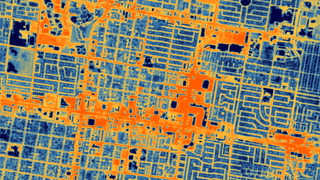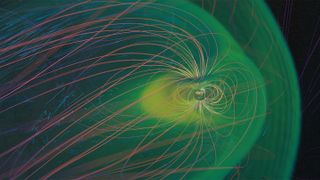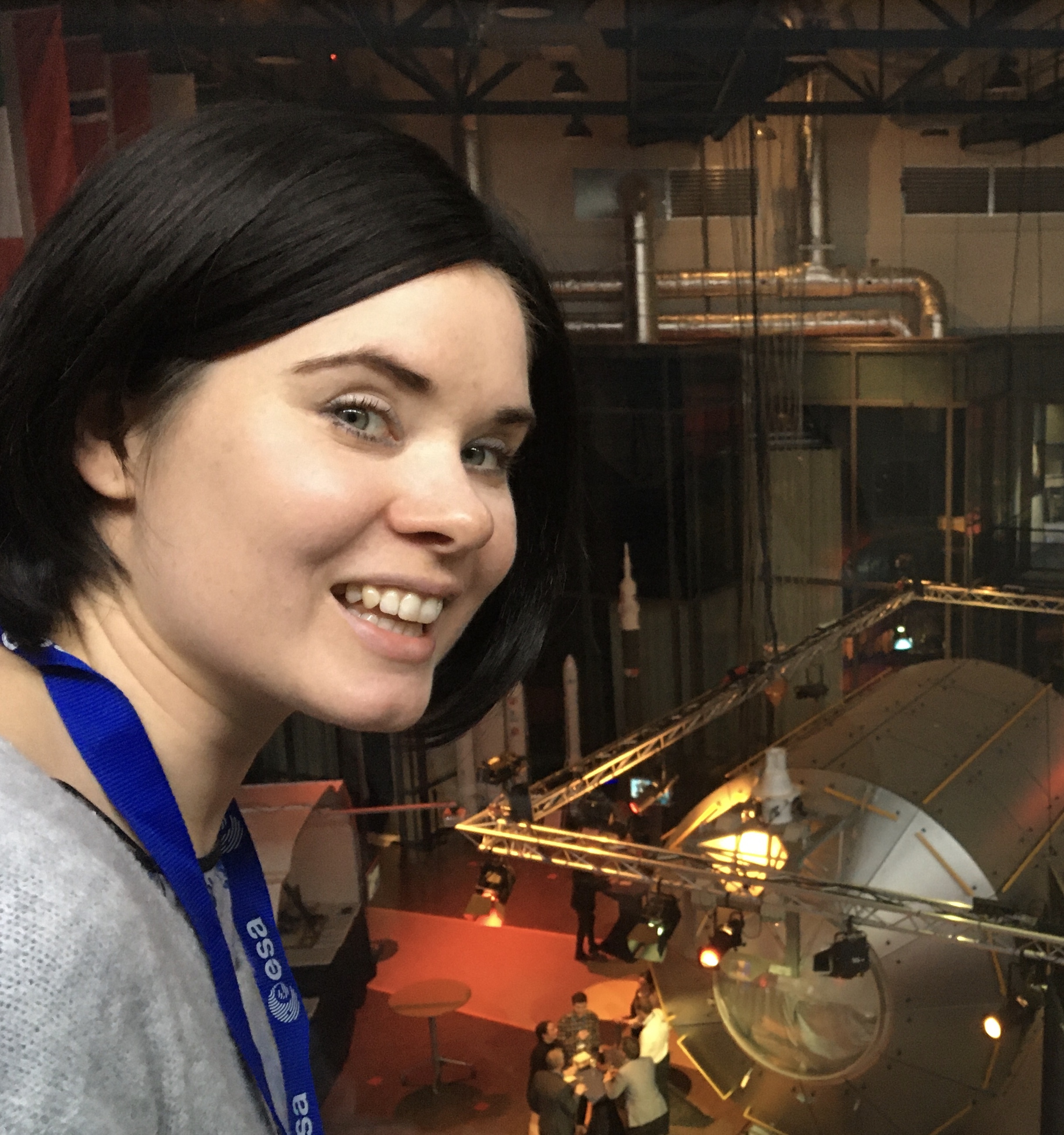
Tereza Pultarova
Tereza is a London-based science and technology journalist, aspiring fiction writer and amateur gymnast. Originally from Prague, the Czech Republic, she spent the first seven years of her career working as a reporter, script-writer and presenter for various TV programmes of the Czech Public Service Television. She later took a career break to pursue further education and added a Master's in Science from the International Space University, France, to her Bachelor's in Journalism and Master's in Cultural Anthropology from Prague's Charles University. She worked as a reporter at the Engineering and Technology magazine, freelanced for a range of publications including Live Science, Space.com, Professional Engineering, Via Satellite and Space News and served as a maternity cover science editor at the European Space Agency.
Latest articles by Tereza Pultarova
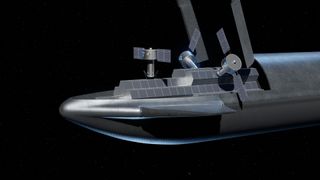
SpaceX's Starship could help this start-up beam clean energy from space. Here's how (video)
By Tereza Pultarova published
SpaceX's Starship will make space-based solar power cheaper than nuclear, gas and coal-based electricity generation, start-up Virtus Solis believes.
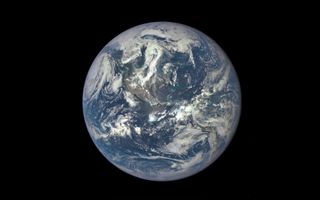
Mirrors in space could boost solar power production on Earth. Here's how.
By Tereza Pultarova published
Reflect Orbital plans to launch a constellation of orbiting mirrors to beam sunlight to solar power plants on Earth after dark.
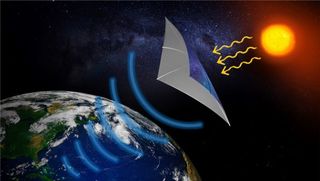
Japanese satellite will beam solar power to Earth in 2025
By Tereza Pultarova published
Japan will test solar power transmission from space in 2025 with a miniature space-based photoelectric plant that will wirelessly transmit energy from low Earth orbit to Earth.
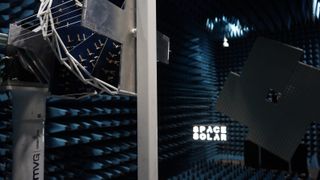
Space-based solar power may be one step closer to reality, thanks to this key test (video)
By Tereza Pultarova published
A first-of-its-kind lab demonstration shows how solar power transmission from space could work.
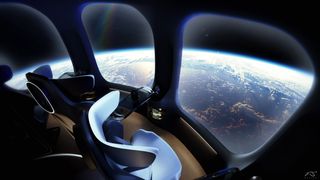
HALO Space unveils capsule design for stratospheric space 'glamping'
By Tereza Pultarova published
Spanish start-up HALO Space has unveiled its capsule design for stratospheric space tourism.
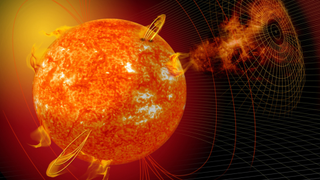
Space weather can make it hard to predict satellite trajectories. Here's why that's a problem
By Tereza Pultarova published
Satellites in low Earth orbit can be hundreds of miles off their expected trajectories when bad space weather hits.
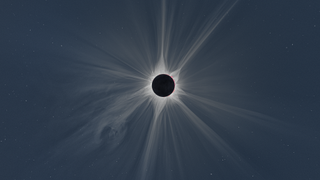
How photos of the April 8 solar eclipse will help us understand the sun's atmosphere
By Tereza Pultarova published
A total solar eclipse is not just an awe-inspiring natural phenomenon; it's an opportunity to expand our scientific understanding of the sun.
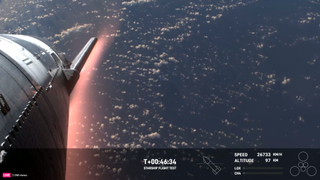
How environmentally friendly is SpaceX's Starship?
By Tereza Pultarova published
SpaceX's Starship uses greener propellant than other rockets, but its environmental footprint could still be substantial if plans for hundreds of launches per year come to pass, experts warn.
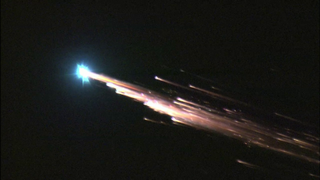
Debris from burning satellites could be affecting Earth's magnetic field
By Tereza Pultarova published
"We're surrounding the planet with trash."
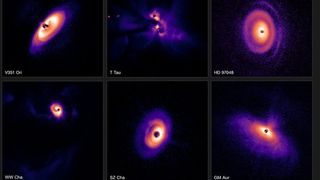
Stunning images from Very Large Telescope capture unique views of planet formation
By Tereza Pultarova published
Incredible images captured by the Very Large Telescope in Chile reveal unique insights into planet formation around young stars.
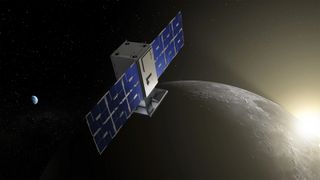
NASA's tiny CAPSTONE probe celebrates 450 days in orbit around the moon
By Tereza Pultarova published
NASA's CAPSTONE cubesat is still going strong after 450 days circling the moon in a special orbit chosen for NASA's future lunar space station.
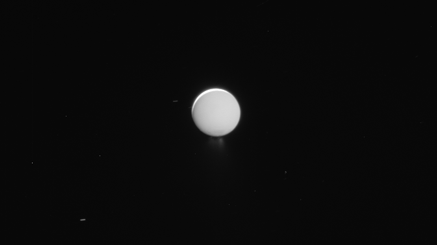
Our solar system's ocean moons may be habitable — and their icy shells could hold proof
By Tereza Pultarova published
The thicknesses of ice shells covering our solar system's ocean-bearing moons could provide hints about whether these mysterious bodies may harbor life.
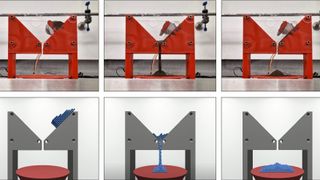
Computer-simulated moon dust may help lunar robots pass a major hurdle
By Tereza Pultarova published
Scientists have developed a new computer model that simulates how moon dust behaves in lunar gravity. They hope it will keep future moon exploration robots safe.
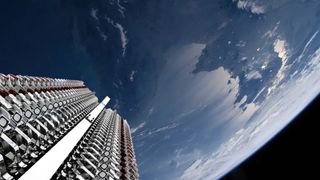
Starlink satellites: Facts, tracking and impact on astronomy
By Tereza Pultarova, Elizabeth Howell last updated
Reference Starlink satellites have been developed by SpaceX to provide internet to remote locations. Here we explore the controversial megaconstellation in more detail.
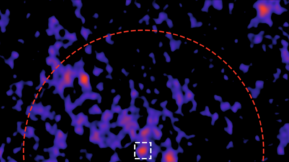
Mysterious radio source in heart of ancient star cluster might be a rare black hole
By Tereza Pultarova published
One of the Milky Way’s brightest star clusters may have a medium-sized black hole at its heart, groundbreaking radio observations revealed.
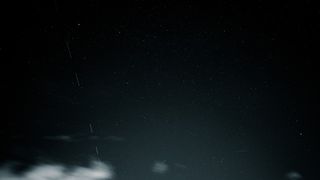
Starlink close encounters decrease despite ever-growing number of satellites
By Tereza Pultarova published
Even though the Starlink constellation has grown by about 1,000 spacecraft in the last six months, its satellites made fewer avoidance maneuvers in that period than in the prior half year.
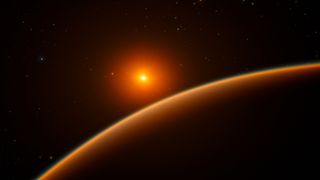
Nearby exoplanet may be rich in life-giving water, study finds
By Tereza Pultarova published
Researchers have just come a step closer to uncovering the secrets of an alien planet that may be the most likely of all known extrasolar worlds to host life.
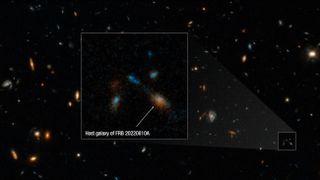
Hubble Telescope finds surprising source of brightest fast radio burst ever
By Tereza Pultarova published
The brightest fast radio burst ever observed flashed from a group of ancient galaxies, the Hubble Space Telescope has found, and astronomers are surprised.
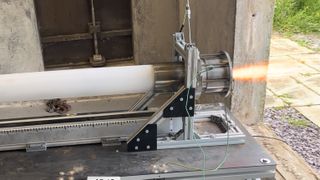
Watch this self-eating rocket prototype engine consume itself then explode (video)
By Tereza Pultarova published
British researchers have tested a prototype self-eating rocket that could launch tiny satellites cheaply and without leaving any debris behind.

Perihelion: What is it and when does it occur?
By Tereza Pultarova last updated
Reference Perihelion is the point at which an orbiting body is closest to the sun. The word comes from Greek and literally means around (peri) the sun (helios).
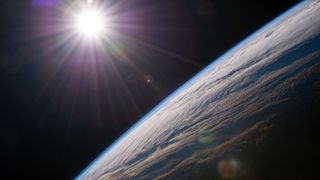
10 dramatic discoveries about Earth from 2023
By Tereza Pultarova published
2023 was another eventful year for our planet, delivering broken climate records, unprecedented weather disasters and worrisome studies.
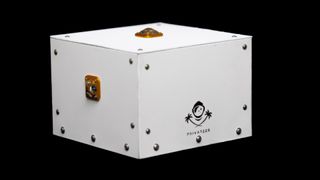
Steve Wozniak's start-up Privateer develops ride-sharing spacecraft to reduce orbital clutter
By Tereza Pultarova published
Steve Wozniak's space sustainability start-up Privateer launched a prototype of its Pono space module to encourage users to share 'stuff' in space.
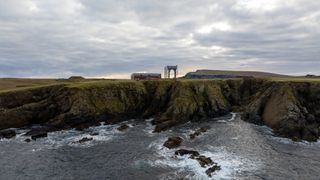
Western Europe's 1st vertical spaceport cleared for launch, hopes to see rockets fly in 2024
By Tereza Pultarova published
Western Europe's first vertical spaceport receives a launch license, paving the way for the continent's debut rocket flight next year.
